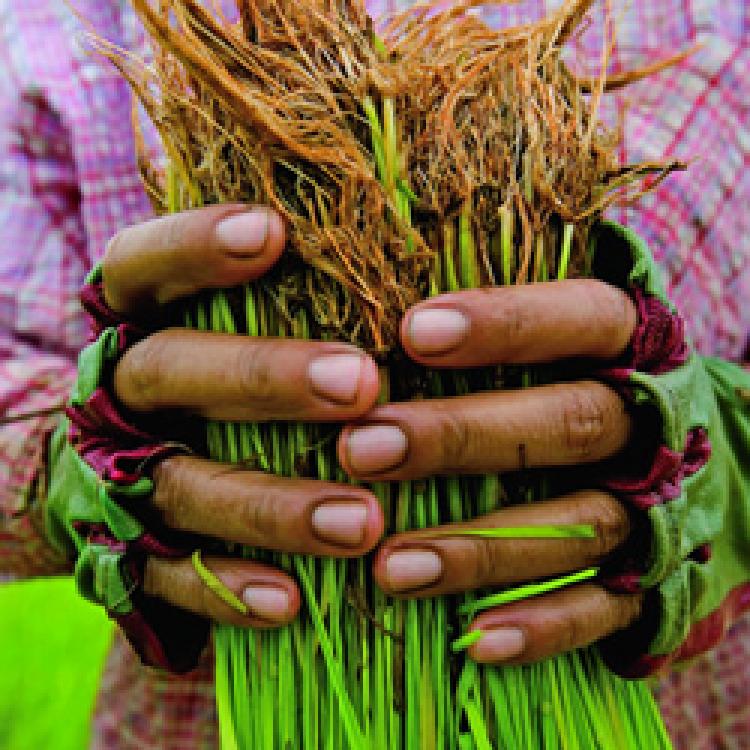New WGST Courses for Fall
We are excited to offer these two exciting new topics courses this fall semester, at both the undergraduate and graduate levels. A list of all our Fall courses is available at www.colorado.edu/wgst/courses/fall2020.
Gender, Justice, Food

Dr. Samira Mehta
What we eat is one of the most basic ways that we demonstrate who we are and what we value. This class thinks about the relationship of food to our rituals and our identities, and will examine how those values intersect with our understanding of food justice, including environmental concerns, food insecurity, labor issues, and animal rights. Focusing on Jews, Christians, feminists, vegans, vegetarians, and other groups in our contemporary context, we will think about how these concerns intersect with gender: how is the production of food gendered? How does gender shape our food identities? And how does gender intersect with the many systems and justice issues that shape and plague our access to food?
Gender and Violence: Bedroom/Boardroom/Battlefield
WGST 6290-001 • Special Topics in Gender and Sexuality Studies
Dr. Lorraine Bayard de Volo


